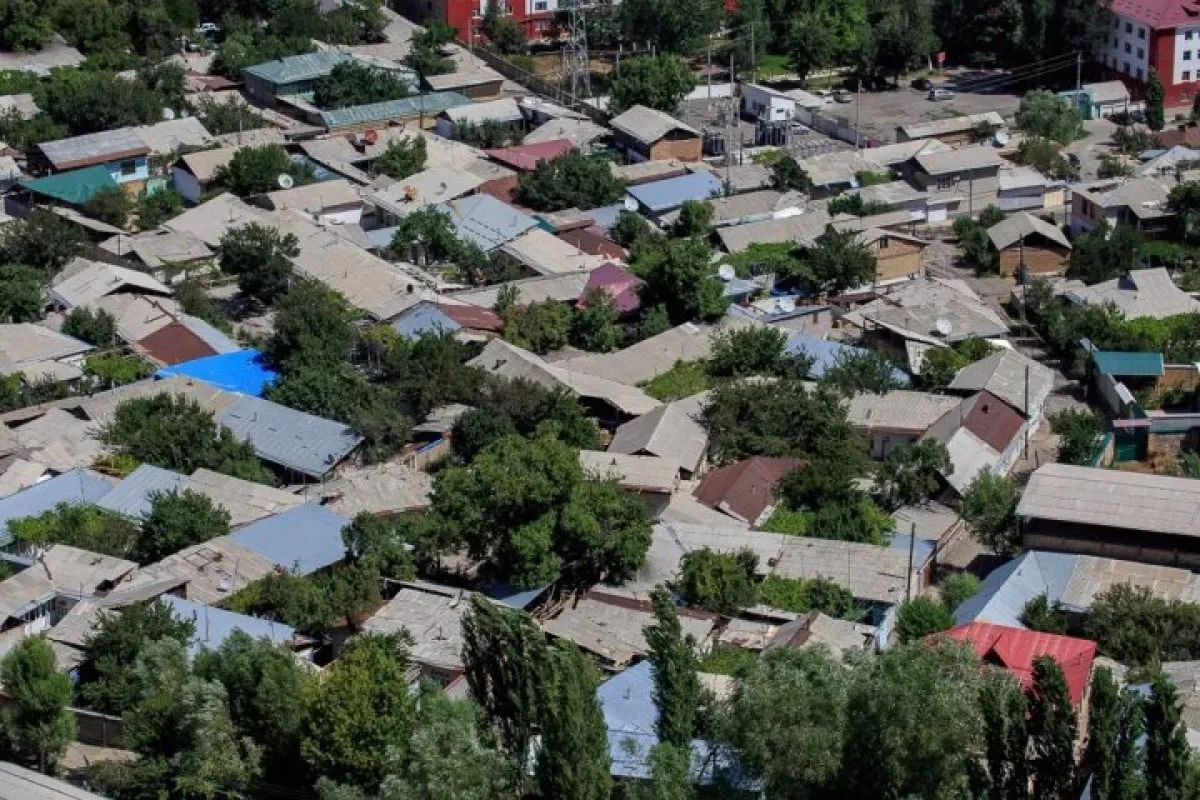Crime High areas will have increased security

The government of Uzbekistan has developed a comprehensive program to enhance security in neighborhoods with high crime rates. This was reported by Upl.uz.
The program is planned to be implemented by the end of 2025. Within the framework of the program, new law enforcement infrastructure will be created and modern technologies will be introduced to prevent crime.
According to the approved concept, permanent law enforcement posts will be established in neighborhoods classified as “red” category, meaning those with high crime rates. The key aspect of this innovation is that the working day of district internal affairs department heads and prosecutors will start and end exactly at these posts.
This will help them to study local problems more deeply. In this way, responsible persons will be closer to the population and keep the situation under constant control.
As a technological component, emergency call systems, known as “panic buttons,” will be installed. They will be placed near multi-story buildings, in public places, and in the private sector.
This system will enable quick contact with rapid response teams. Such systems have been implemented in Tashkent since February 2025 and are integrated with video surveillance cameras.
After the button is pressed, the response team's arrival time is set between four to six minutes. Additionally, effective use of surveillance cameras operating with artificial intelligence is planned.
Alongside technical and organizational measures, public awareness efforts will be intensified. For this purpose, members of the “mahalla seven” will be involved.
They will conduct campaigns on crime prevention methods. The “mahalla seven” includes the mahalla leader, assistant to the hokim (district head), youth leader, active woman, prevention inspector, social worker, and tax inspector.
This group plays an important role in solving social problems in the mahalla. Prevention efforts require special attention.
According to the new regulation, law enforcement officers will collect and analyze information about individuals prone to committing crimes every three days. In addition, problematic families where many conflicts and quarrels are recorded will be under constant supervision.
These measures are part of the strategy to create “model safe streets,” which also includes requirements such as improving street lighting, monitoring abandoned buildings, and regulating street vending. Uzbekistan’s mahalla institution is a unique form of local governance developed over centuries.
Traditionally, the mahalla has served not only administrative but also important social functions, acting as the center of community life, a place of mutual assistance, and a guardian of traditions.

